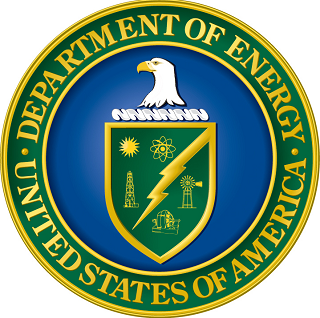Should Government Subsidize CleanTech?

What’s wrong with a government promoting an ideology, as long as it’s one of peace, fairness and sustainability? Government should support the development of cleantech precisely because it’s part of an ideology that says something on which any sane and decent person would agree, i.e., it’s important that we become good stewards of the environment.

Whether the government should support clean tech depends on how it is defined. If it includes all technologies which can produce power without emitting CO2 it may be a reasonable thing to do. However, if it excludes hydropower and nuclear power then it is not a reasonable thing to do.
To reduce CO2 emissions to an acceptable level, CO2 emissions will have to be limited to about 10% of their present value even as global demand for power increases by about FOUR TIMES. If intermittent power sources are used, the lack of an adequate energy storage technology means that when the intermittent sources are generating insufficient power some other power sources will have to be brought on line to compensate, and most likely those sources will burn fossil fuels and emit CO2. Without huge amounts of energy storage, that would happen with sufficient frequency that CO2 emissions could not be adequately reduced.
To deliver sufficient power on average, the intermittent nature of wind and solar power would require their total rated power to be somewhere between three and five times greater than if they could deliver power continuously and, in addition, have sufficient storage to allow for very rare weather conditions which would greatly diminish generation to a very low value. After all sometimes, even where insolation is high, on rare occasions the sun may not shine for days or weeks at a time and the wind may be calm for a few months at a time. Although those may be rare events, they do occur and not providing for them could be disastrous.
There are concentrated solar systems which have enough storage to deliver power for 24 hours as long as there are no clouds. But concentrated systems are particularly vulnerable to clouds because of the focusing; they will deliver zero power with even light cloudiness. Storage, generally in the form of tanks containing fused NaNO3 and KNO3, is in use but costs and space requirements increase with storage capacity thereby limiting the amount of storage which is practical. Storage for wind power and PV power is much more difficult because of the cost and storage losses of batteries which make it impractical to have enough storage.
France went from zero nuclear power to 80% nuclear power for electricity in only 15 years. Renewables have been around for many years yet, despite strong efforts in Germany and Holland, they cannot generate reliable power at anything like 80%. Rather, they cycle between having too much power and having to import power generated by other methods from other countries.
Craig,
While I agree with your sentiments, I think we may be using different interpretations of the term “ideology”.
Peace, fairness, etc, are really considered to be “ideals” in the vernacular. The term “ideology” is used to denote an ideological doctrine, with a narrow formal agenda, or manifesto, complete with rigid tenets and political/philosophical commitment by adherents. ( An “ism” if you like ).
I realist the usage of the term is imprecise,and vernacular usage usually implies a negative connotation, not found in a dictionary definition.
The term’s most common usage is negative, describing governments groups or individuals who justify prejudice, or bad judgement as laudable by adherence to a particular “ideology”.
Such groups or individuals are handicapped by interpreting the world through the prism of an “ideology”, rather than logical, rational analysis.
Such a process often leads to extremism, and intolerance.
( “ideals ‘ are considered a different thing altogether :).